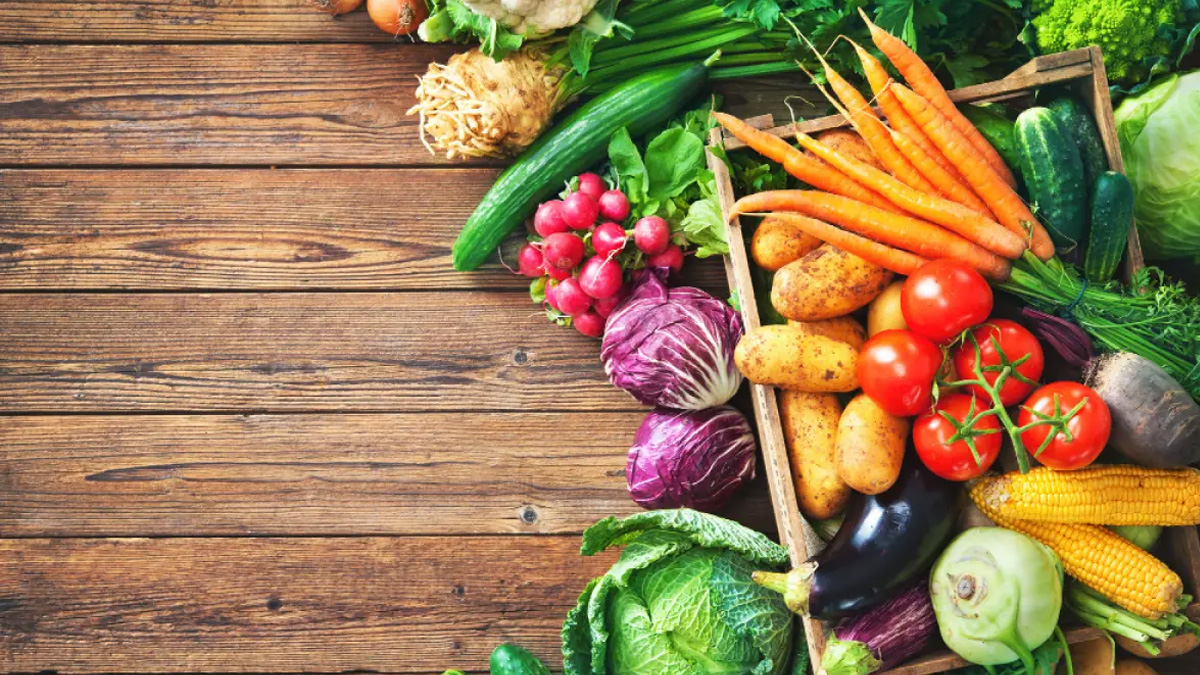QBUZZ
10 simple tips to save 100 litres of water a day
10 simple tips to save 100 litres of water a day
Here are some easy-to-follow tips to save at least 100 litres of water a day – presented by HomePure. With 97.5% of the world’s water tied up in seas, rivers and oceans that are too salty or polluted to consume, it is very important to be careful with this natural resource. Not only do we drink water, but we also need it for important tasks such as crop production. It is more important than ever to do everything in our power at home to reduce the strain on freshwater supplies.
So let’s save water!
1. Turn off your taps
Did you know that you save 6 litres of water per minute if you collect it in a cup and use it when brushing your teeth? If you turn off the taps when brushing your teeth and fix leaky taps, you will save at least 60 litres per week.
2. Eat seasonal food
When you make a conscious decision to eat seasonal food, you help to save water and combat climate change. Fruit and vegetables that are not local or not grown seasonally require a lot of water for production. If possible, buy local produce, but especially food that is in season.

3. Power showers
A 10-minute shower costs you 90 litres of water. Isn’t that shocking? If you reduce the time you spend in the shower by half, you will save at least 45 litres of water! Turning off the shower while soaping up is also a good way to save water.
4. Collect dirty laundry for a full load
If possible, wait to do laundry until you have a full load of dirty clothes, especially if you use a washing machine. A full load of laundry uses less water and energy than washing your clothes whenever you feel like it. This will save you at least 52 litres per week.

5. Steam your vegetables
Instead of boiling vegetables, you can also steam your food. You only need less than half the water and your vegetables retain their flavour and nutrients. When you boil, you can reuse the water for other dishes – for example, a broth or sauce.
6. Install a dual flush toilet
An average family flushes their toilet at least 5000 times a year, which adds up to 13 litres per flush. If you upgrade your toilet to a dual flush system, you will only need to flush 6 litres or 4 litres with a reduced flush. Imagine how much water you would save in a year!
7. Reduce food waste
It takes a lot of water to produce the grains, cereals and vegetables you eat. Almost half of the food that is thrown in the rubbish could actually be eaten. By buying only what you need, you not only save a lot of money, but also help prevent water waste. Some practical tips on how to reduce food waste can be found on the website Love Food Hate Waste.
8. Washing up the old-fashioned way
If you have a dishwasher, make sure it is fully loaded before you use it. Similar to a washing machine, a full load saves more water than a half load. However, the best way to save water is to do it the way our parents did – with a good old-fashioned soak in a wash bowl. Soak your dishes in a tub of water and rinse them in another bowl of clean water.
9. Making greener choices
As much fun as a water hose is, it uses up to 1000 litres of water per hour! If you use a watering can or bucket when gardening or washing your car, you will save so many litres of water per day. Collecting rainwater is another way to capture fresh water. By installing rainwater tanks, you can save 5,000 litres of water per year.
10. Install a water filter
Your HomePure water filter not only helps you save water, it also helps protect the planet. When you filter your water, you ensure that all your water is used. By using a filter, you reduce the use of plastic water bottles, which in turn reduces plastic pollution. It takes 8.5 litres of water to make one plastic bottle. Imagine how much water you can save in a year by using the HomePure water filter and your reusable water bottle!

Water is a vital element for every organism on our planet and it is therefore of utmost importance to protect this precious resource and use it wisely. In our daily lives, water is not only a major component of our food and drinks, but also indispensable for hygiene and cleanliness.
It is therefore important to conserve water to ensure sustainable and equitable use. Moreover, clean water is a scarce resource in many parts of the world, which makes its responsible use even more urgent. Saving water also means saving energy, as water treatment and distribution consume significant amounts of energy.
In addition, the conscious use of water can help mitigate the effects of climate change, as water scarcity is exacerbated by changing rainfall patterns and rising temperatures. In short, saving water in our daily lives is as much a question of ethics and justice as it is of environmental impact and sustainability.
So, which of these water-saving tips will you try?
